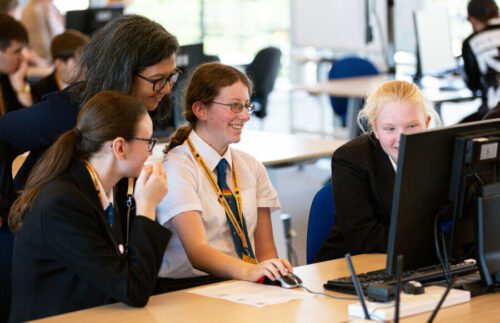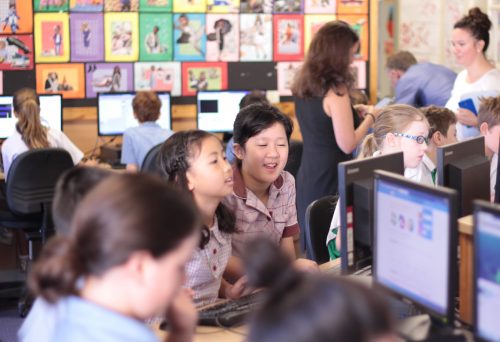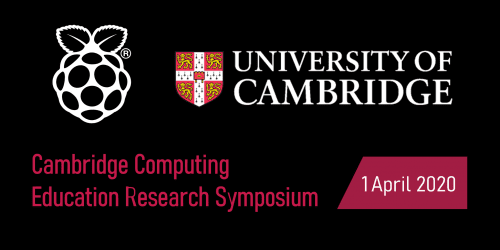Schlagwort: University of Cambridge Computer Laboratory
-

Join us at the launch event of the Raspberry Pi Computing Education Research Centre
Reading Time: 4 minutesLast summer, the Raspberry Pi Foundation and the University of Cambridge Department of Computer Science and Technology created a new research centre focusing on computing education research for young people in both formal and non-formal education. The Raspberry Pi Computing Education Research Centre is an exciting venture through which we aim to…
-

The Roots project: Implementing culturally responsive computing teaching in schools in England
Reading Time: 5 minutesSince last year, we have been investigating culturally relevant pedagogy and culturally responsive teaching in computing education. This is an important part of our research to understand how to make computing accessible to all young people. We are now continuing our work in this area with a new project called Roots, bridging…
-

Introducing the Raspberry Pi Computing Education Research Centre
Reading Time: 4 minutesI am delighted to announce the creation of the Raspberry Pi Computing Education Research Centre at the University of Cambridge. With computers and digital technologies increasingly shaping all of our lives, it’s more important than ever that every young person, whatever their background or circumstances, has meaningful opportunities to learn about how…
-

Cambridge Computing Education Research Symposium – recap of our online event
Reading Time: 5 minutesOn Wednesday, we hosted the first-ever Cambridge Computing Education Research Symposium online. Research in computing education, particularly in school and for young people, is a young field compared to maths and science education, and we do not have much in terms of theoretical foundations. It is not a field that has received…



